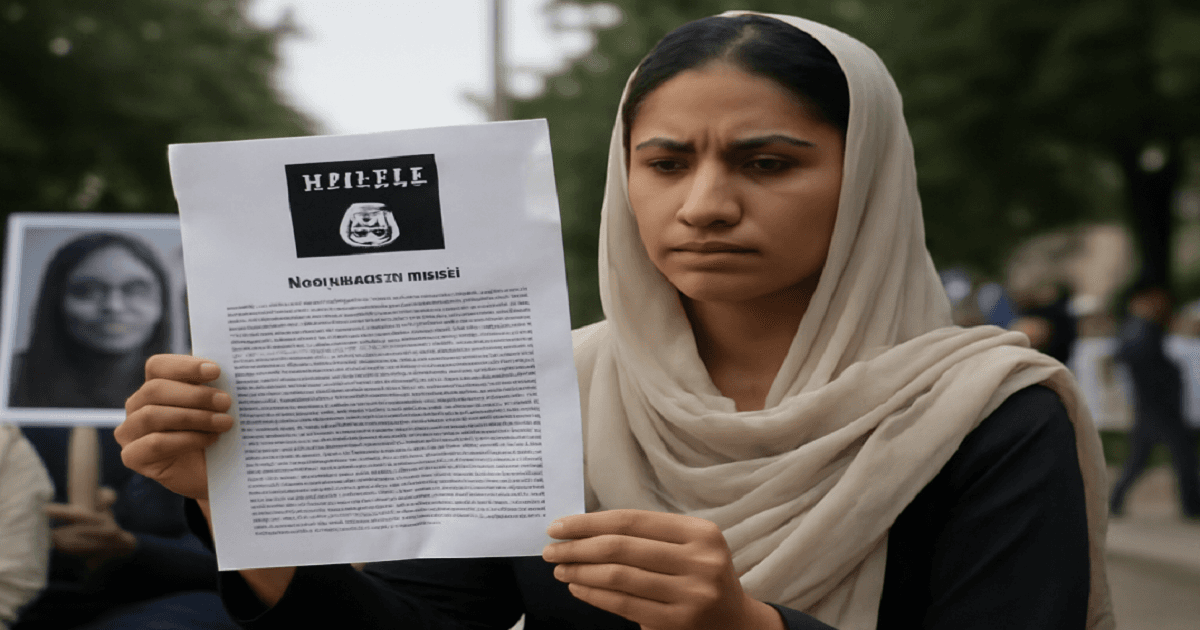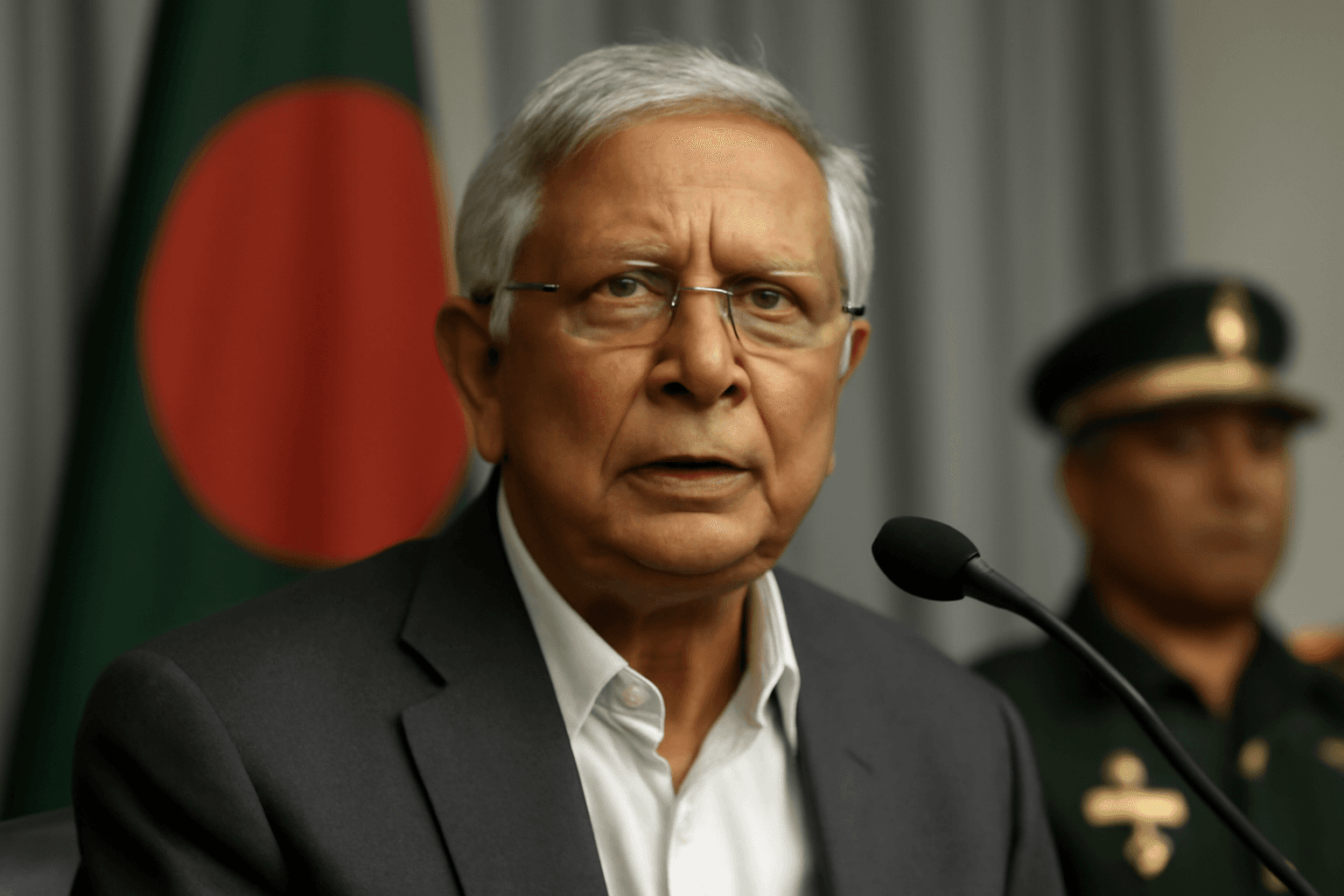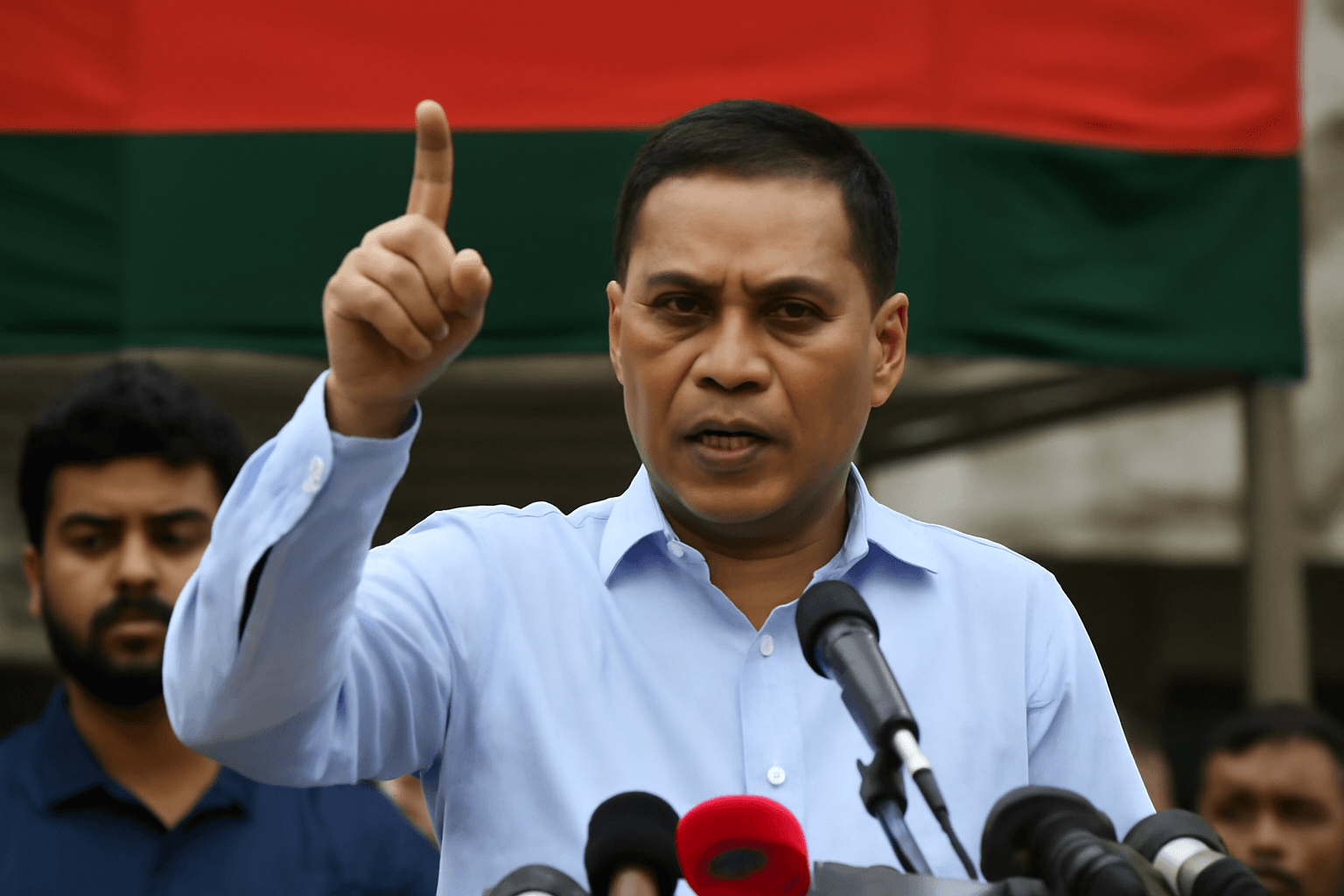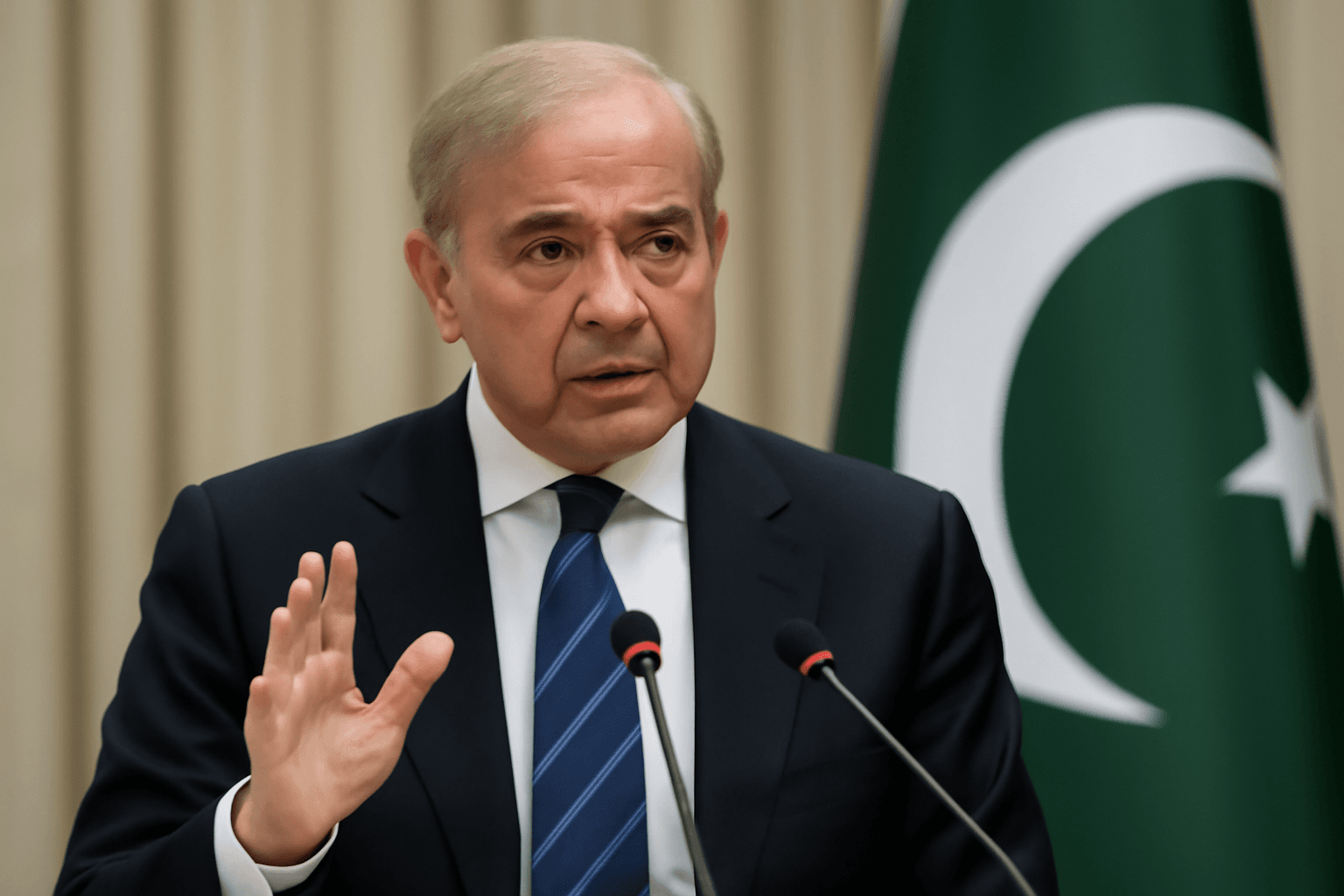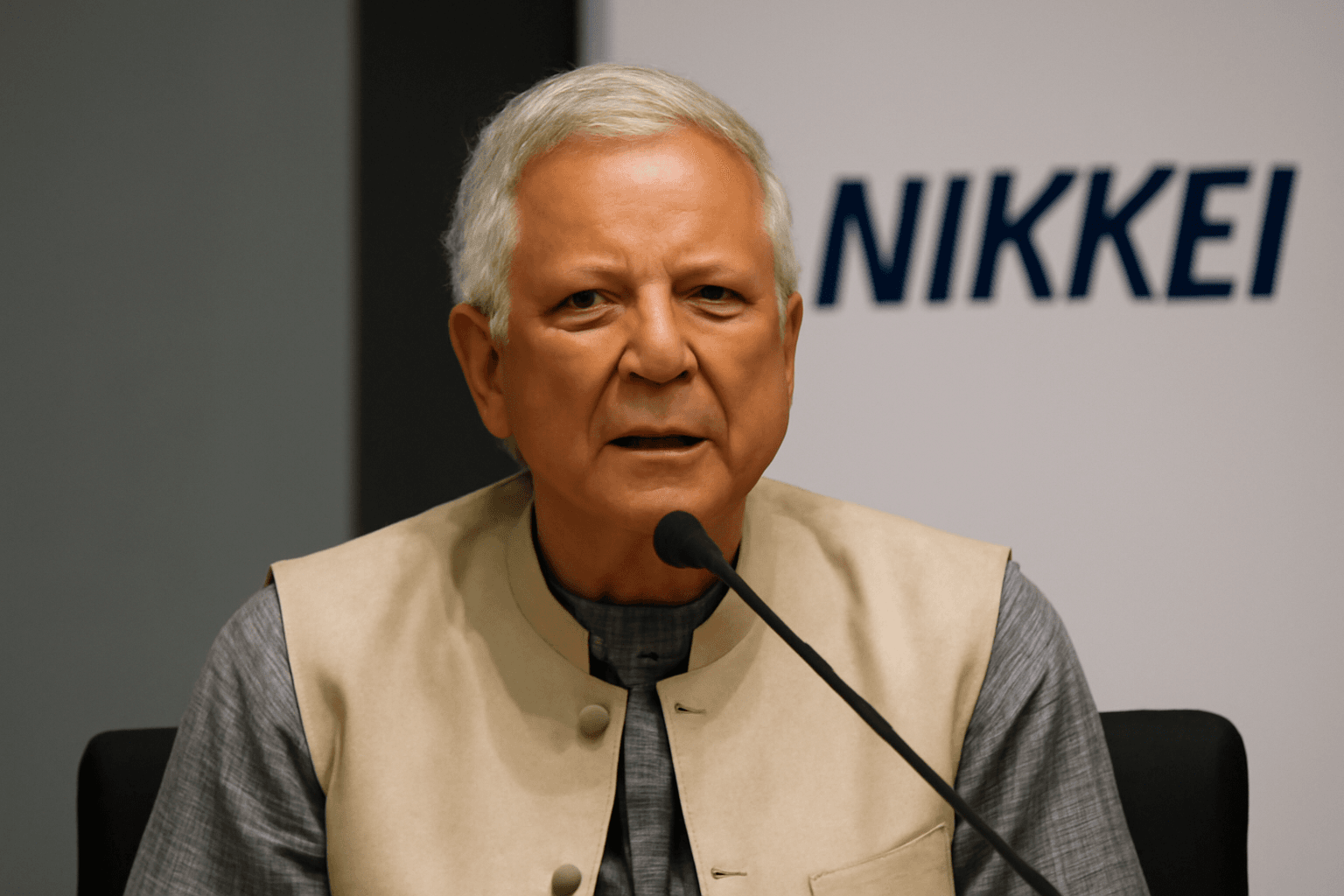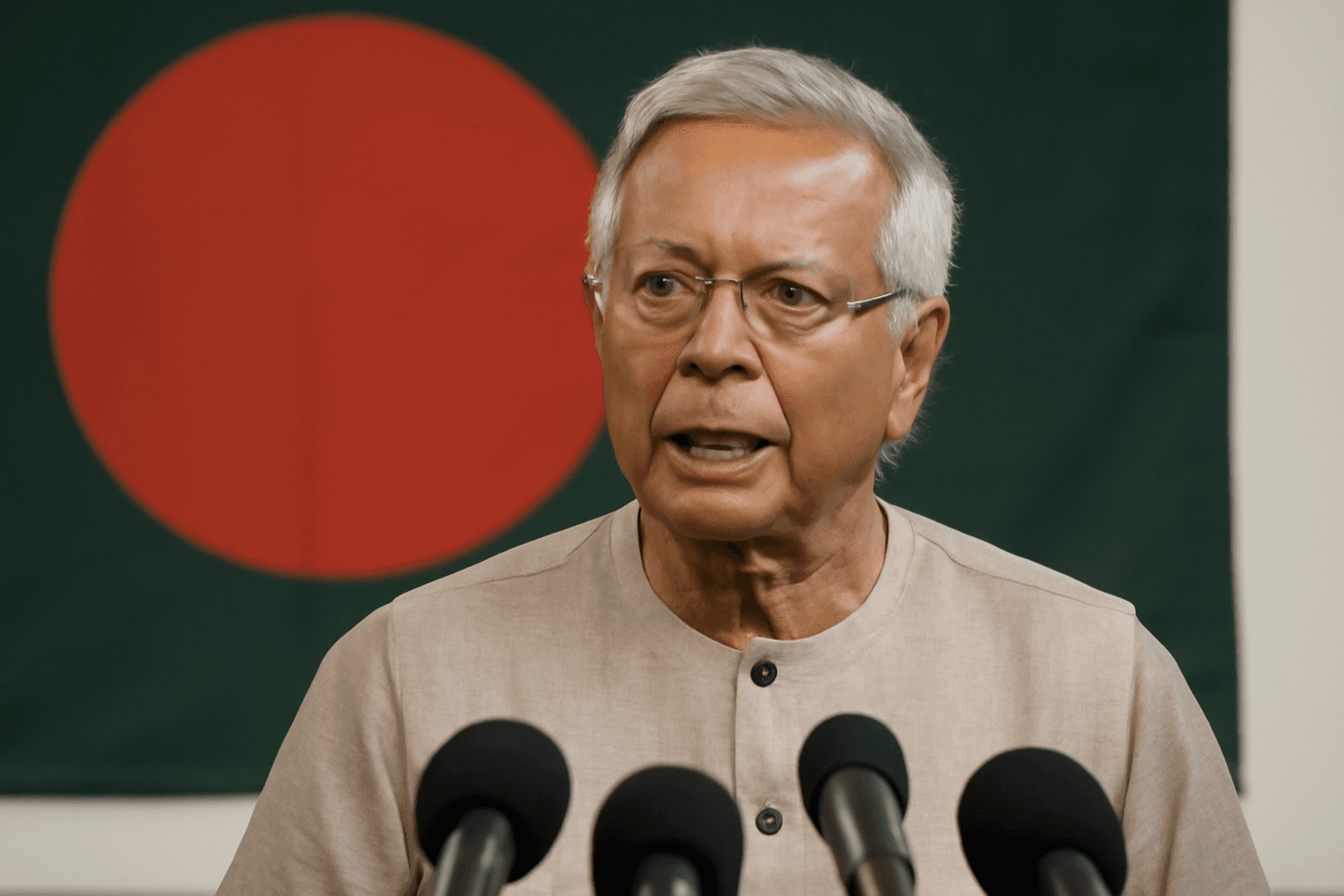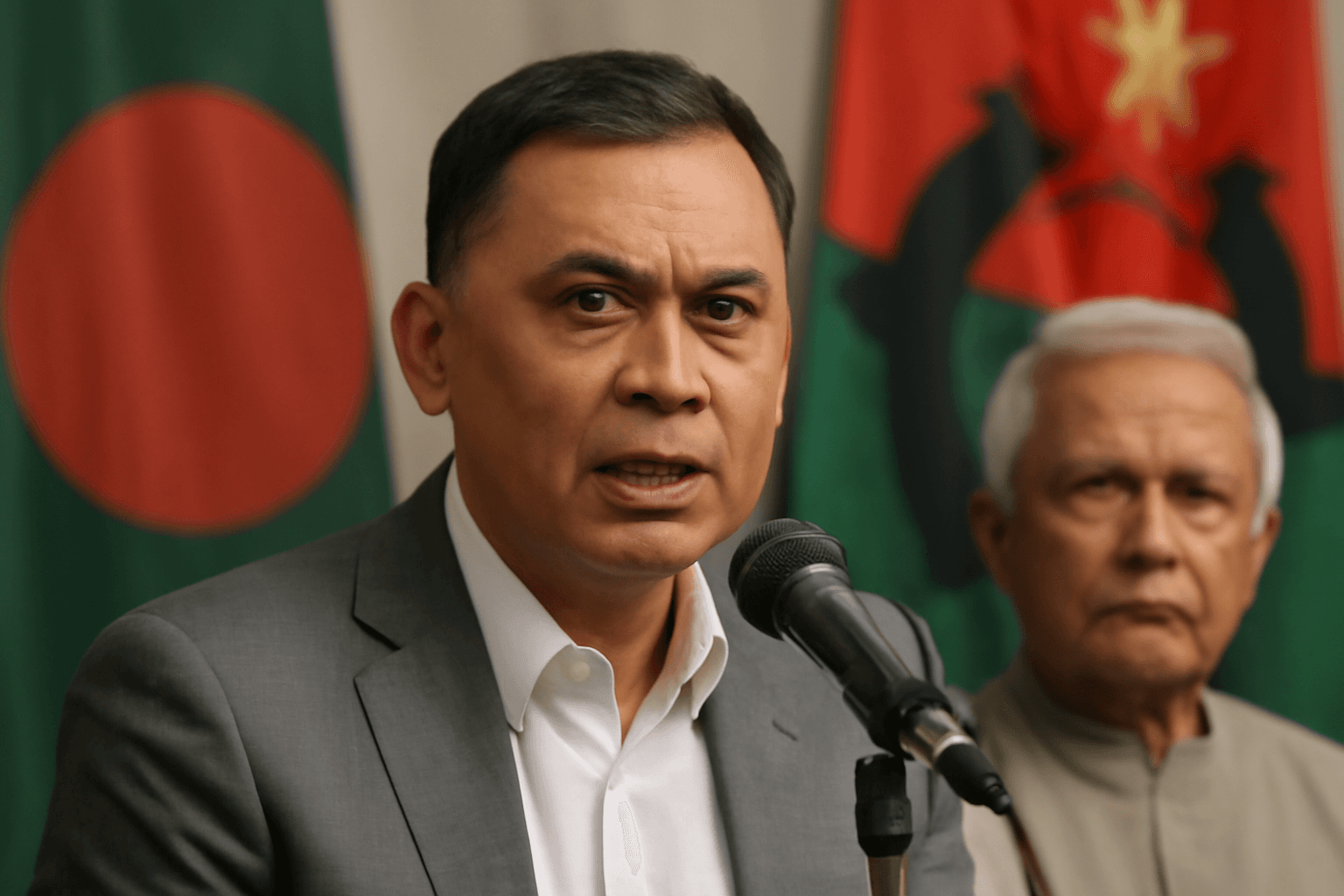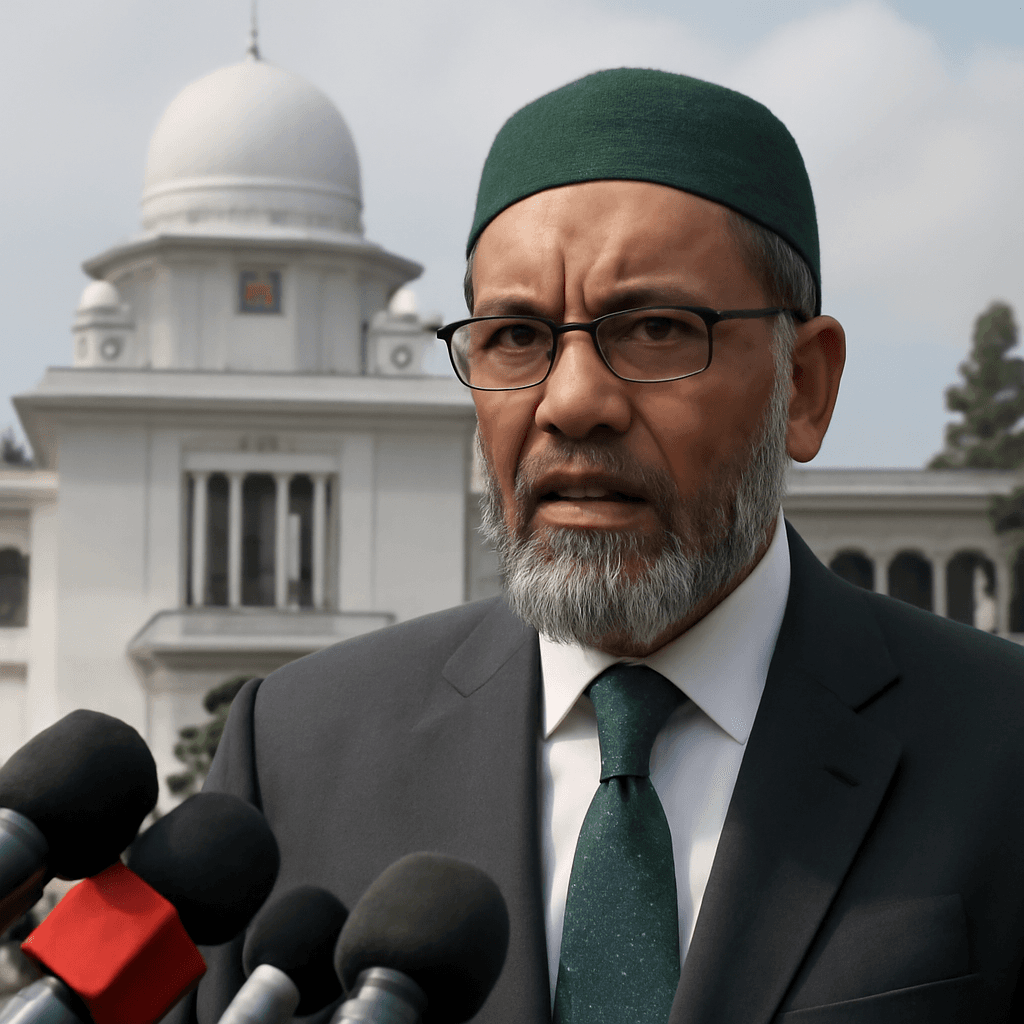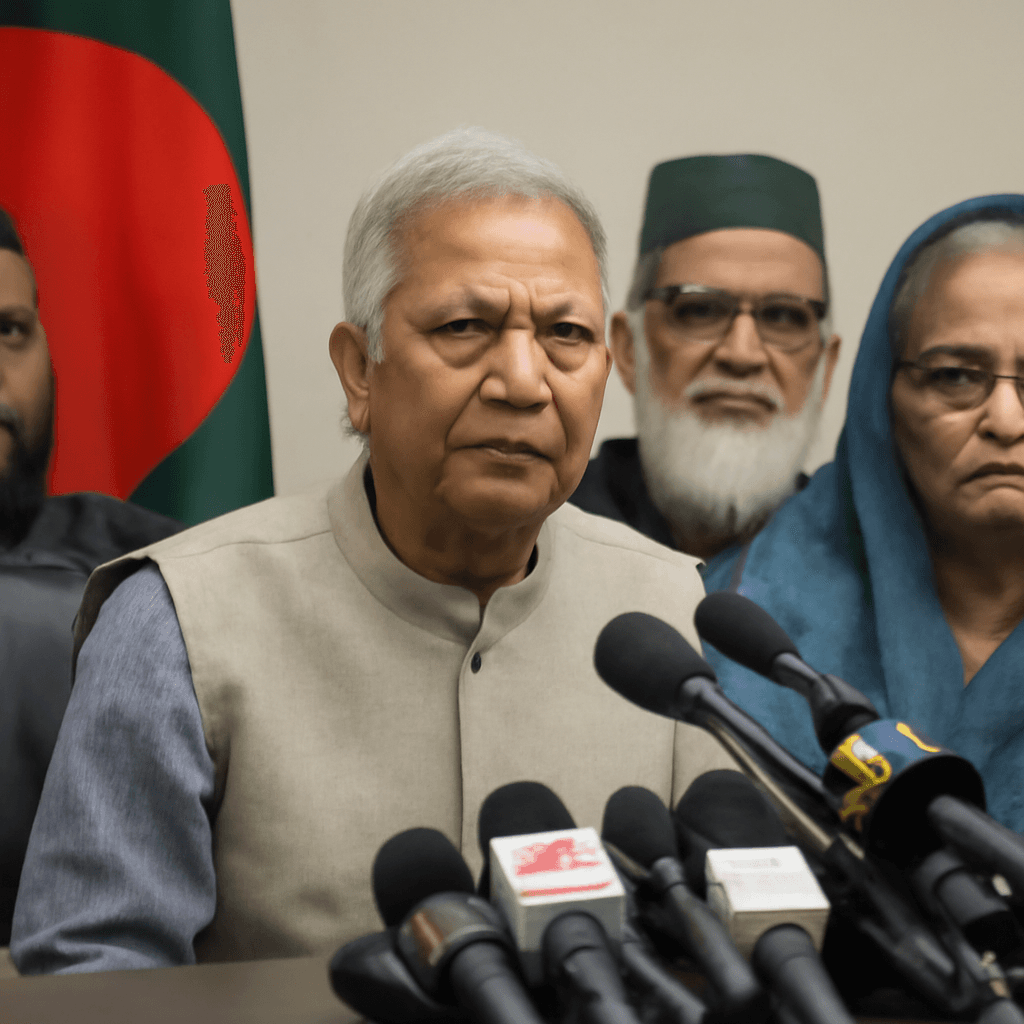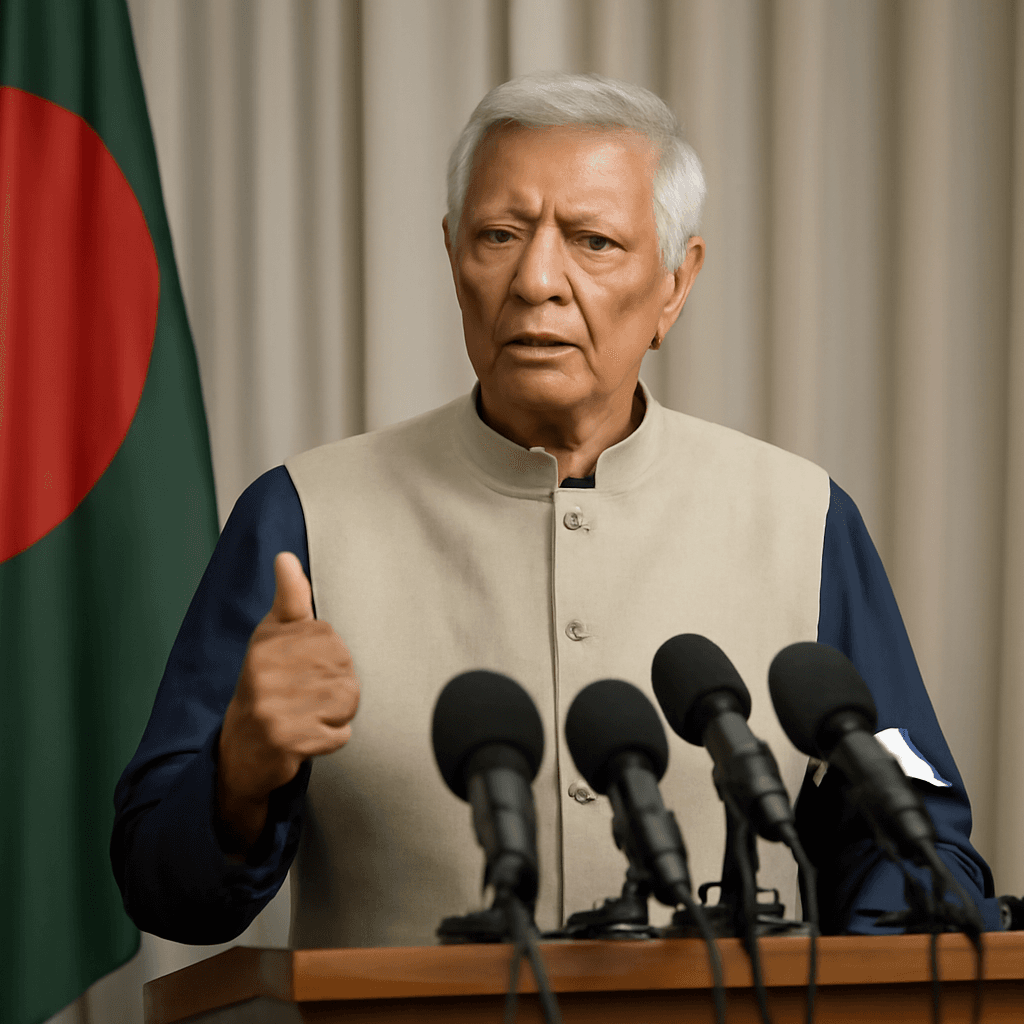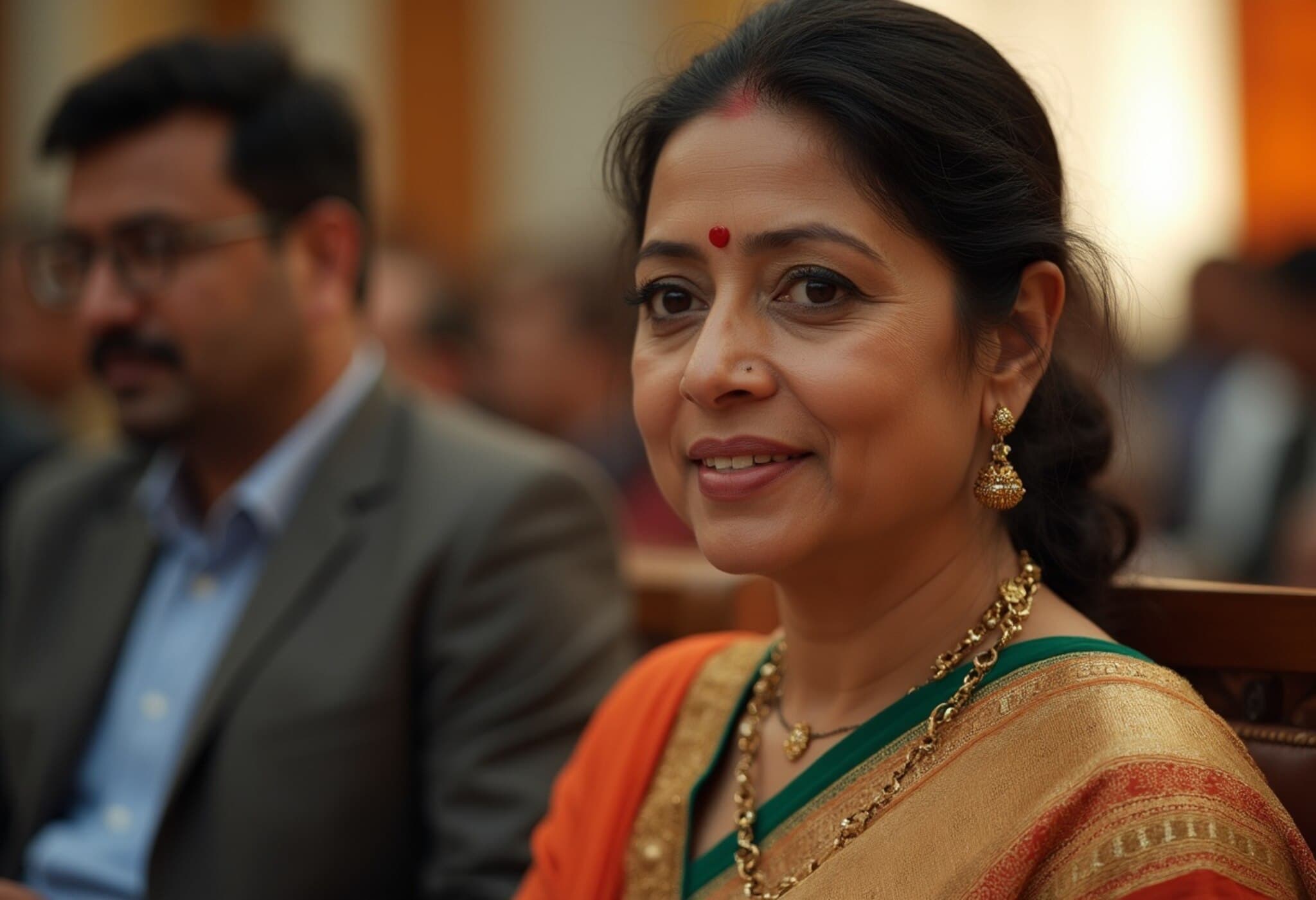Bangladesh’s Interim Leader Rules Out Staying After 2026 Vote
Days after announcing the national elections slated for April 2026, Bangladesh's interim leader Muhammad Yunus made it clear he has no plans to cling to power once the vote concludes. The Nobel Peace Prize winner, aged 84, was appointed last August to oversee the transitional government following significant student-led protests that ended Sheikh Hasina’s 15-year premiership.
Committed to a Democratic Transition
Speaking from London’s Chatham House, Yunus was unequivocal when questioned about seeking a political role post-election. With resolute hand gestures, he dismissed the notion emphatically, stating there was “no way” he or his cabinet members would want to stay in power beyond the scheduled elections.
Last week, he officially set the national polls for anytime in the first half of April 2026, marking the country’s first democratic exercise since Hasina’s fall.
“After evaluating ongoing reforms in justice, governance, and electoral processes, I am announcing the next national election will be held in the first half of April 2026,” Yunus stated during a nationally televised address on Eid al-Adha. He assured that the Election Commission would release a detailed election roadmap in due course.
Background: A Nation at a Crossroads
Yunus’s stewardship began amid political turmoil sparked by widespread student demonstrations demanding change, which ultimately forced the long-standing prime minister into exile. Since taking office, the interim government has stressed its mission to facilitate a smooth democratic handover.
Currently visiting the UK from June 9 to 13, Yunus is also scheduled to meet with King Charles III and British Prime Minister Keir Starmer, reflecting his diplomatic engagements during this pivotal transitional phase.
Ex-PM Sheikh Hasina Indicted Amid Political Upheaval
The election announcement follows closely behind a significant legal development: the International Crimes Tribunal formally charged former Prime Minister Hasina and two associates with mass murder. These accusations stem from their alleged responsibility for the harsh crackdown on the 2024 student protests that precipitated her downfall.
A three-judge ICT bench accepted the charges after prosecutors argued that Hasina’s administration employed excessive force against demonstrators during a turbulent and violent period in Bangladesh’s recent history.
What Lies Ahead for Bangladesh?
- April 2026 elections promise Bangladesh's return to democratic rule.
- Interim government led by Yunus focused on electoral reforms and justice.
- Legal proceedings against ex-PM Hasina highlight ongoing political tensions.
- International attention heightened as Yunus engages with global leaders.
As Bangladesh navigates this critical chapter, all eyes remain on the peaceful transition promised by the interim administration, signaling hope for a stabilized democratic future.



